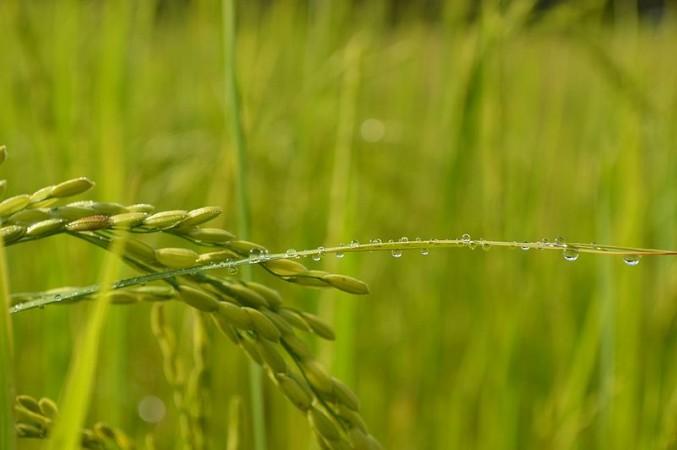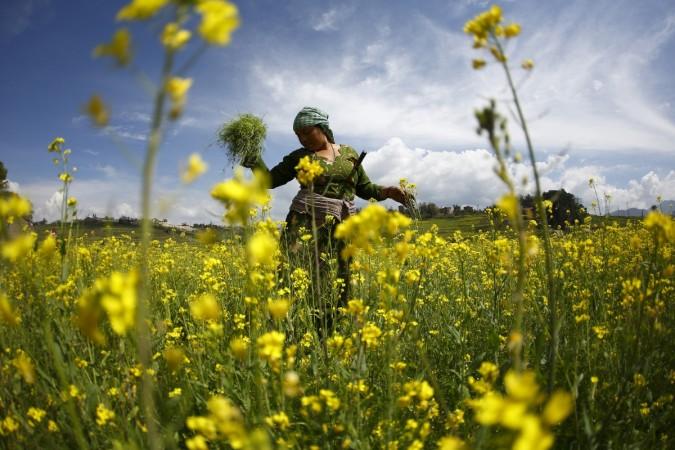
In the future, farmers might no longer rely on chemical fertilizers as scientists have found a new way to help crops grow. The new research could lower the cost of food production and increase the output of crops.
Scientists say that this development could revolutionise the food industry.
Mass production of fertilizers is highly energy intensive, notes a release by the research team. The manufacturing processes are known to produce a lot of greenhouse gases that are well known to be a major accelerant of climate change and global warming. The process is also inefficient, says the release.
Fertilizers are used to add nitrogen to the soil which is used by the plant to make chlorophyll, that is, in turn, is used for photosynthesis. The report mentions that of all the fertilizers used, less than 40 percent, of it even makes it to the plant. Farmers also have to deal with the problem of run-off.

A run-off is explained as the excess fertilizer getting washed away and seeping into water sources like ponds, rivers, and lakes. They end up feeding algae, notes the report, to a point where it can grow out of control, this, in turn, blocks out sunlight, killing life in the water source.
The latest study was conducted by researchers from the Department of Biology in Arts & Sciences and director of the International Center for Energy, Environment and Sustainability (InCEES) of the Washington University in St. Louis
To fix the problem of fertilizer run-off, the team turned to the most abundant source of nitrogen in the planet – the atmosphere.
Researchers were able to engineer a type of bacterium that can fix nitrogen. These bacteria can help the plants use nitrogen available in the air.
Called Cyanothece, this strand of bacteria has the ability to fix nitrogen because they are "cyanobacteria" and "are the only bacteria that have a circadian rhythm," said Himadri Pakrasi, one of the authors of the study. Cyanothece also carry out photosynthesis during the day, converting sunlight to the chemical energy and they fix nitrogen at night, this, after removing the oxygen created through respiration.
Researchers say that subsistence farmers, around 800 million people across the world, will benefit greatly from the modified bacteria.
"If it's a success," Bhattacharyya-Pakrasi said, "it will be a significant change in agriculture."
The study was published in the journal mBio, reports Phys.Org.

















